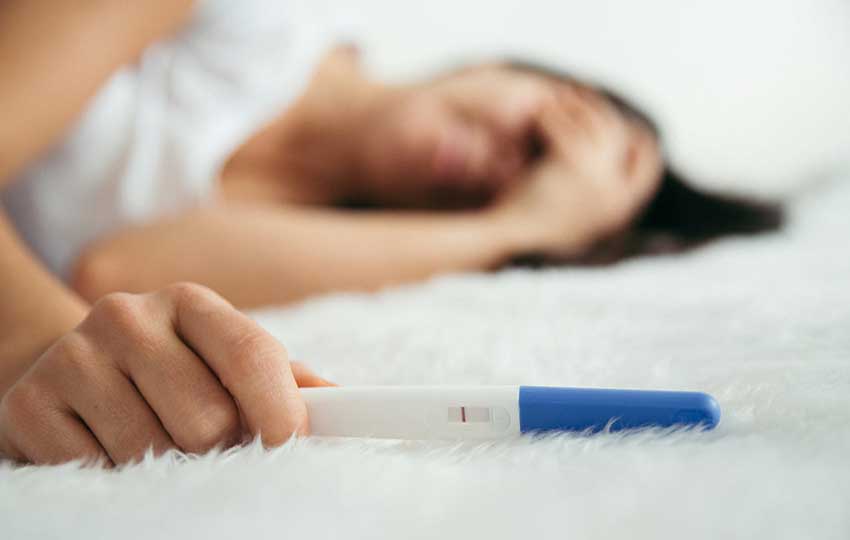An IVF failure can be caused by several factors. Some of these reasons include: repeated implantation failure, which occurs after a couple of days. This is when the growing embryo fails to embed itself on the uterine wall, preventing a connection from being formed. Other reasons include: growth problems in the embryo, or a high degree of genetic variability. Regardless of the underlying cause, IVF failure can be painful and emotionally draining.
IVF failure can be caused by a variety of reasons. Despite the complexity of the IVF process, one of the most common causes of failed IVF cycle is an embryo that failed to implant on the lining of the uterus. The embryo may be incapable of attaching properly, or it may have been transferred to the uterus and the lining is not compatible with it. A woman suffering from a pelvic infection may also have an unsuitable lining, making it impossible to implant a fertilised embryo.
When a woman undergoes repeated IVF attempts and is not able to conceive, she might decide to undergo surrogacy. These methods, however, are expensive, and many women opt to use surrogacy instead. Thankfully, there are other options available for women who fail IVF. They can consult with a fertility specialist and seek out other treatment options. They can supervise testing as well as recommend treatments that can improve their chances of having a baby.
One of the main causes of IVF failure is the quality of the embryos. The quality of an embryo can affect the outcome of the treatment. The embryo itself may be of poor quality, or the uterus lining may be resistant to implantation. There are several reasons for an IVF cycle to fail. A poor quality embryo is not a common cause of IVF failure, but it can prevent a pregnancy. When the sperm is faulty, the chances of implantation are low.
Another common cause for IVF failure is chromosomally abnormal embryos. During the IVF process, a preimplantation genetic screening may help identify the embryos that are genetically abnormal. In a second reason, the uterus and sperm do not meet fertility requirements. If these two factors are the main causes of in vitro fertilization failure, you should seek help from a fertility specialist. Your goal is to have a baby.
In a third situation, IVF failure is due to an unfavorable genetic condition. These failed symptoms can include a chromosomally abnormal embryo or an embryo that is too small or too large. During an IVF cycle, the sperm must be healthy. If the embryos are not viable, the treatment must be terminated and a repeat procedure is necessary. The sperm should be healthy before they can implant.
The third reason for an IVF failure is endometriosis. While the percentage of women undergoing IVF has declined steadily over the past few years, the disease remains a major cause of IVF failure. Furthermore, most women do not know they have endometriosis, so the IVF procedure is not appropriate for them. In a worst-case scenario, there are no chances at all.
The last reason for IVF failure is an unhealthy embryo. It may not have been fertile or conceived in the first place. An unhealthy embryo is not a good candidate for implantation. This is another reason why women with repeated IVF failures opt for surrogacy. Fortunately, there are several IVF failure solutions available. Among them: a second IVF cycle, a third party fertility service, or adoption.
What To Do If You Have A Failed IVF?
After undergoing an unsuccessful IVF cycle, you may feel emotionally drained. It may even seem impossible to think about trying again. It is normal to be devastated by this experience, but you should do something to get through the difficult time. Normally, doctors will set up follow-up appointments six weeks after the procedure to assess your progress. During these appointments, they will discuss your condition and make recommendations to increase your chances of success in the future.
While many people may blame a faulty embryo for an unsuccessful IVF cycle, the truth is that many factors can cause the treatment to fail. Among women younger than 35 with unexplained infertility, 45 percent became pregnant after failing to have a baby through IVF.
Several factors can contribute to the failure of an IVF cycle, including infertility, the quality of the embryos, and the uterus. The good news is that by addressing the issues with your first attempt, you can reduce the chances of experiencing the same problems in the future.




